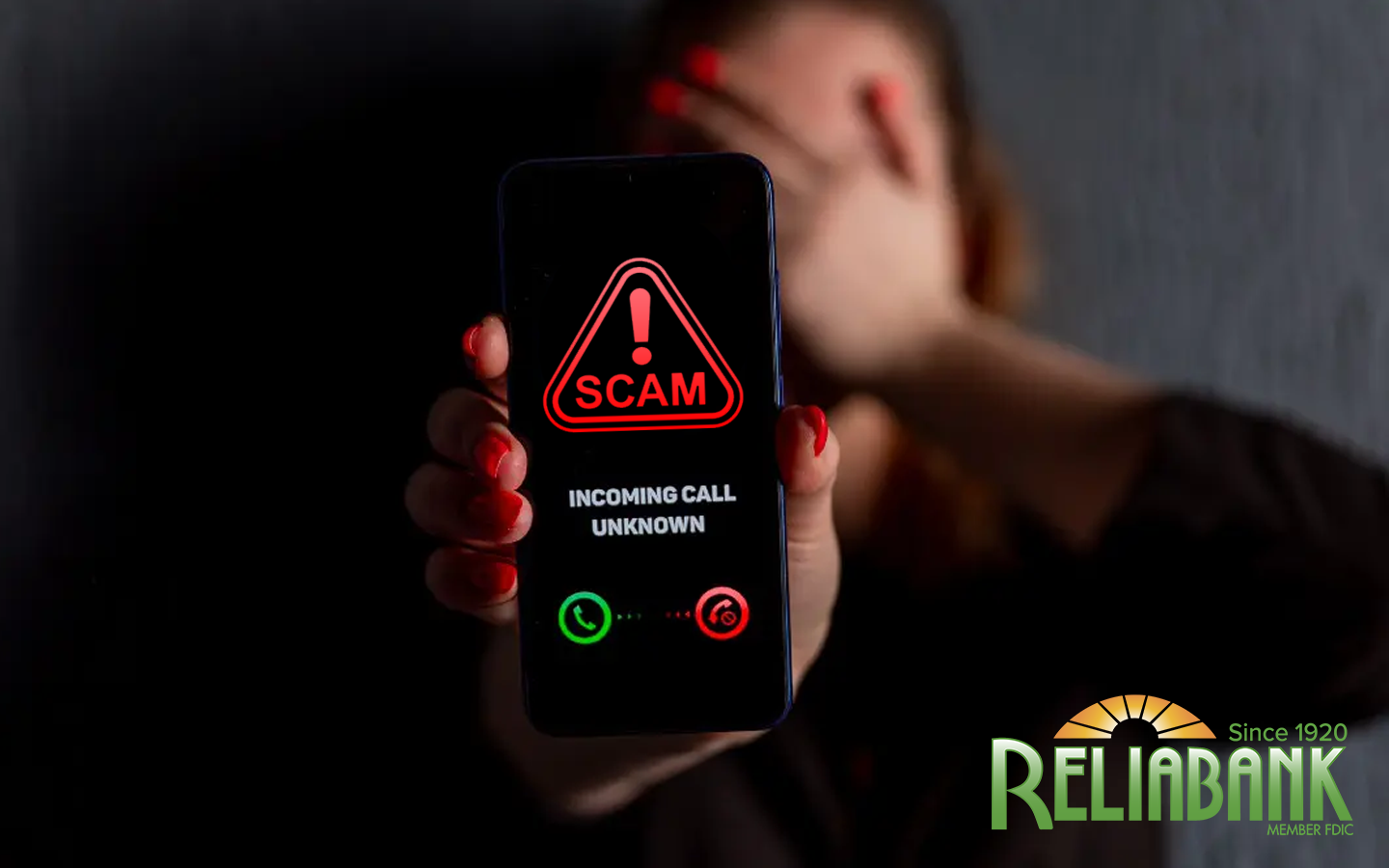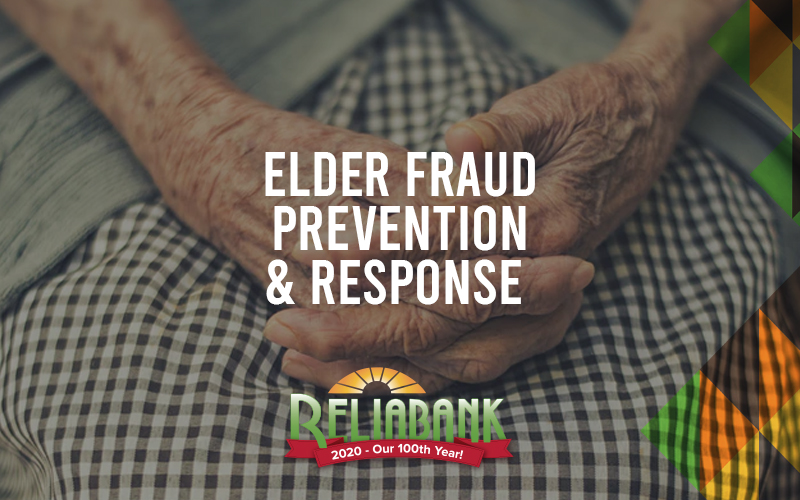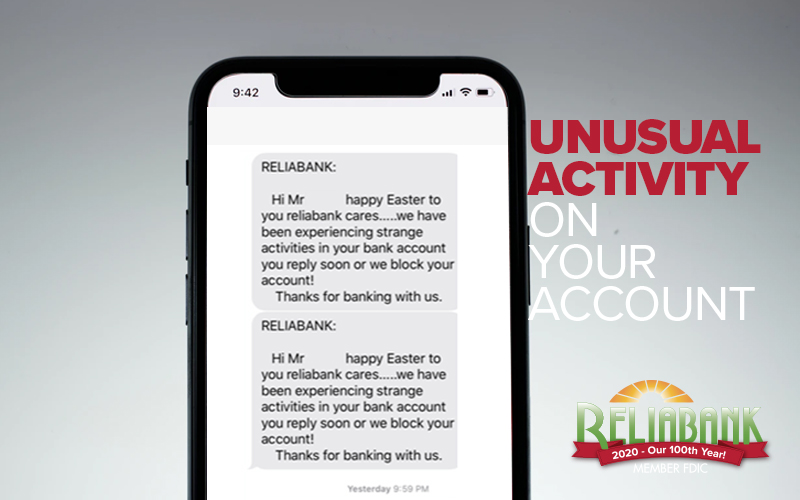With the rise of scams and fraudulent activity reported across the nation, South Dakota’s banks and their customers have become the latest target. Disturbingly, several community banks have reported that their customers and even non-customers have received text messages from supposed “banks” or lenders. This alarming development highlights the need to be extra cautious and…
Category: Scams
Scam Alert
Social engineering attacks are on the rise. A new twist on an old attack is an advanced social engineering attack, targeting customers that are connected to their financial institution via social media. Attackers leverage social media to gather reconnaissance information on a customer, then contact the customer while posing as the financial institution.The attacker’s objective…
WE’LL NEVER ASK THAT!
Can You Spot a Phishing Scam?Every day, thousands of people fall victim to fraudulent emails, texts and calls from scammers pretending to be their bank. And in this time of expanded use of online banking, the problem is only growing worse. In fact, the Federal Trade Commission’s report on fraud estimates that American consumers lost…
Can You Spot a Phishing Scam?
Every day, thousands of people fall victim to fraudulent emails, texts and calls from scammers pretending to be their bank. And in this time of expanded use of online banking, the problem is only growing worse. In fact, the Federal Trade Commission’s report on fraud estimates that American consumers lost a staggering $1.9 billion to…
Privacy Tips for Teens
You learn, connect with friends and play games online. Just as you look both ways before crossing the street (which we hope you do), be sure you are using the internet more safely and securely.
The Elder Fraud Prevention and Response Networks Development Guide provides step-by-step materials to help communities form networks to increase their capacity to prevent and respond to this crime.
Bank Transaction Text Scam
Did you get a text message from your bank saying there has been unusual activity on your account and ask you to click on an internet link? If you clicked, you may have given hackers access to your account.
Avoiding fake stimulus check scams
There’s a lot to worry about when it comes to the Coronavirus crisis, including the new ways scammers are using the economic impact payments (so-called “stimulus checks”) to trick people. To keep ahead of scammers who are trying to cash in on those payments, read on.
Beware of Scams connected to Coronavirus
Scammers are taking advantage of fears surrounding the Coronavirus. They’re setting up websites to sell bogus products, and using fake emails, texts, and social media posts as a ruse to take your money and get your personal information.
 Online Banking
Online Banking








